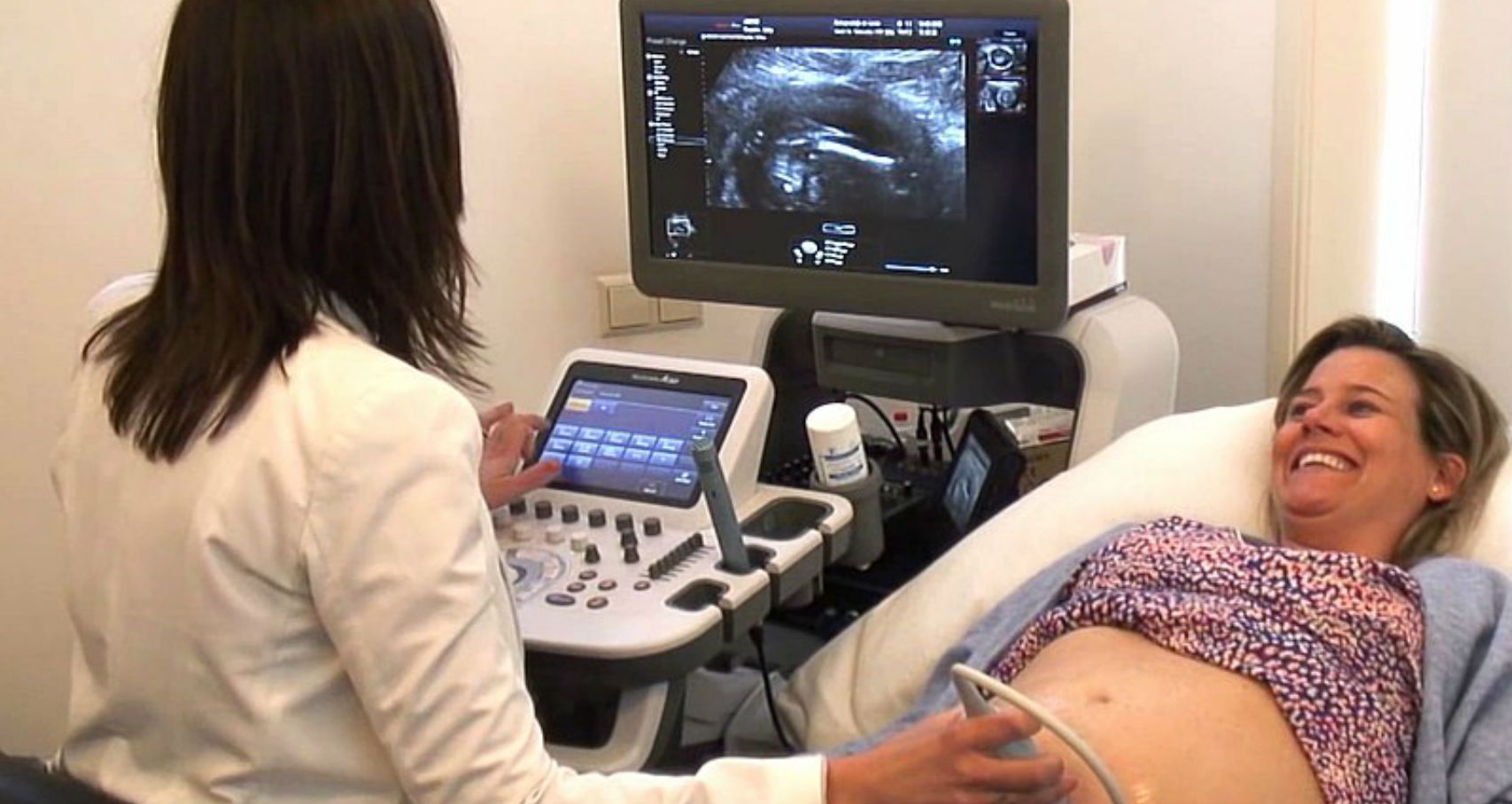On July 23rd, the U.S. Preventive Services Task Force published a recommendation in the Journal of the American Medical Association stating that all pregnant women should be screened for hepatitis B to prevent transmission. In order to keep the baby healthy, medical professionals advise the early screening for the disease so that there is enough time to treat it before it spreads. While babies are routinely vaccinated for it, early prevention may be needed as well.
Hepatitis B is an infection that affects the liver. It’s known to cause scarring of the organ, and to some extent, liver failure or cancer. If left untreated, hepatitis B can kill a person. The most common way it is transmitted is through contact with an infected person's blood, open sores, or bodily fluids. As an adult, one can get it by having unprotected sex, sharing needles, or getting tainted blood transfusions. While an adult patient can fight the disease, an infant who gets it from the mother may have the infection for life.
Clinicians recommend that expecting mothers should be screened for hepatitis B during their first prenatal visit. The testing will help doctors give the appropriate care, should they find a hepatitis B-positive mother. With this knowledge, medical professionals will be able to reduce the chances of the transmission of the disease to the baby. Infants who inherit it from their mothers have a 90% chance of having the infection for the rest of their lives.
RELATED: Canadian Experts Call For Mandatory Hepatitis C Screenings In Pregnant Women
Babies are usually routinely vaccinated for the hepatitis B virus, and the vaccine is given almost right away. Despite this, researchers have also found that rates for maternal hepatitis B infections have increased since 1998. Infected infants are at risk of developing lifelong conditions such as liver cancer or liver disease.
The task force urges pregnant women to get screened for the virus as soon as possible. This way, doctors can help reduce the chances of transmission to the baby. Early detection is the first step to ensuring that the baby will be as healthy as possible when they come into the world. After all, they will be born into a world full of bacteria and viruses, so reducing their tiny bodies’ battles will help them greatly.
RELATED: New Alberta Screenings Catch Rare Immunodeficiency Disorder In Baby Boy

